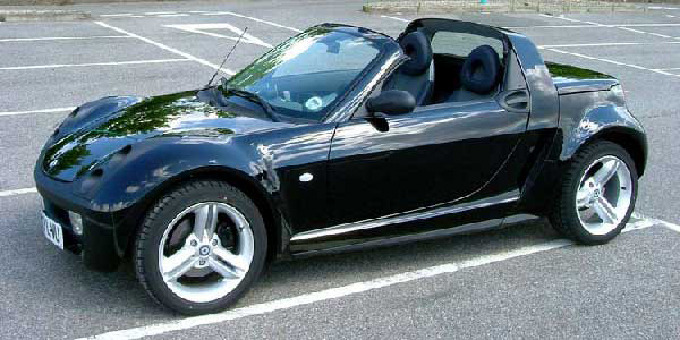
Earlier this year, California gave the green light for self-driving cars to be tested on public roads, essentially enabling AI-controlled vehicles to operate alongside those with humans at the wheel.
It’s an exciting time for sure, but the reality of the situation is chilling for some of us. Technology has gradually played a bigger and bigger part in our driving habits for years now. GPS devices such as TomTom transformed the way in which we navigate our cities and towns, allowing us to take directions without consulting a chaotic, cumbersome paper map.
Not only does GPS cut time out of journeys by helping you find the most efficient routes, it allows you to focus on your driving skills and road safety instead of stressing over getting lost.
Smartphones now feature high-quality GPS apps for drivers too, negating the need for a standalone device (though they certainly still have their uses).
Of course, integrated GPS technology is a common feature in new cars, equipped as standard on models by Nissan, Hyundai and many more. Even drivers with poor geographical knowledge or weak navigation skills can get where they need to with minimal hassle.
The self-driving car, though, is a whole new game altogether.
The technology might not be quite ready to bring armies of fully autonomous cars to our highways just yet, but it’s surely only a few years away
What’s the Appeal of Self-driving Cars?
There are several advantages to self-driving vehicles, for domestic and commercial drivers. One of the most obvious is the amount of free time you would have for other tasks without the need to actually steer your car.
For example, busy parents or people working long hours could catch up on sleep during commutes. This demands a considerable amount of trust in the AI to keep you safe and on the right track, of course, but once the technology has been proven, doubts would become increasingly uncommon.
Another advantage would be safety. 795 Americans died as a result of drowsy driving in 2017, as lapses in concentration pose a fatal risk to the person at the wheel and those around them.
With self-driving cars, you could get all the sleep you need during a journey without putting yourself or anyone else in danger. That could save hundreds of lives in the US, and potentially hundreds of thousands worldwide.
The freedom to sleep during journeys would be a major benefit for commercial drivers. Truckers, for example, could relax and sleep while hauling deliveries without having to factor in stops. They would be under less pressure to make deadlines and face reduced risk of falling asleep at the wheel.
The Dangers of Autonomous Vehicles
There is a concern, though, that self-driving cars may make people complacent and too reliant on technology to stay safe. Computers can go wrong from time to time, and it would only take a minor glitch to cause a potentially-catastrophic situation on a busy road.
Manufacturers have to be absolutely certain that such dangers are ironed out during the development phase, and all autonomous cars reach the market tailored for maximum safety.
Even when self-driving cars become commercially available to mainstream buyers, though, not every driver will be able to afford one. The cost of an autonomous car is estimated to be between $250,000 and $300,000 — simply far, far too expensive for the majority of customers.
Prices may drop as the technology becomes more common, but it’s unlikely to be by much. That means that most of us will still be driving in much the same way as ever. GPS, sensors and other tech will continue to make it easier and safer, but we won’t be trusting our lives to a computer just yet.
This means that accidents will still be common, and even self-driving cars will experience mechanical faults from time to time. Towing and roadside assistance services will always be essential, providing drivers with the expertise they need in a huge range of situations.
Want to learn more about our towing services in Sacramento? Just give Auto Towing in Sacramento a call on (916) 209-7606 now!
